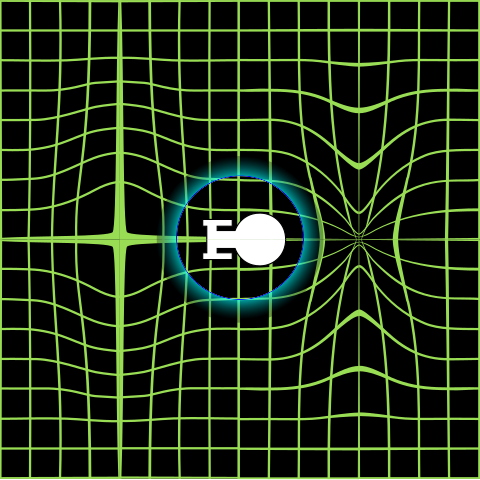
“Ye Cannae Change The Laws Of Physics” – Or Can You?
Are the Laws of Physics Changing?
“Ye Cannae Change the Laws of Physics,” is a famous quote from the original series of Star Trek, uttered by a desperate Scotty, Chief Engineer to an expectant Captain Kirk in one of the Starship Enterprise’s many crisis scenarios.
However, if you watch enough Star Trek you’ll find they contradict this statement frequently, as the Enterprise regularly travels at Warp 2 or more. This is faster than the speed of light, which arguably breaks the inherent law of physics that renders faster-than-light travel impossible.
Ask The Impossible
Back in the sobering reality of our world, it would be unscientific of us not to ask whether the laws of physics are not so constant after all. To do so would of course be going against orthodoxy, set down by the likes of Newton and Einstein and the entire scientific community who assert the constancy status quo.
Back in 2001 a group of astronomers and physicists made the controversial observation that the Fine Structure Constant (used to calculate the inherent strength of sub-atomic electromagnetic interactions), was not constant at all. These scientists looked at the absorption patterns of light passing through clouds containing magnesium, iron, nickel, and other atoms in 72 distant quasars. Their observations indicated that the Fine Structure Constant was 0.001% smaller billions of years ago. This suggested variability and not constancy in the fine structure constant, undermining a fundamental law of physics.
Call For Back-up
Peers in the scientific community reviewed the findings and identified likely shortcomings in their analysis. Although the astronomers countered these objections, they admitted that another independent team needed to repeat the findings with a different telescope to take it further. This has not yet happened.
Makan Mohageg and graduate student James Kentosh of California State University in Northridge asked a similar question in 2012. They used GPS (which relies on atomic clocks), to test the constancy of the Planck Constant h, which is a component of the Fine Structure Constant, mentioned above. They wanted to see if Planck’s constant h changed based on location rather than time. If Planck’s constant h changes from place to place then the frequencies and ticking rates of atomic clocks also change, leading to tiny timing discrepancies between different GPS-clocks.
Drum Roll…
So, what did they find? The scientists analysed data from seven GPS satellites and found that h is identical in different locations to an accuracy of 7 parts in a thousand, which was a minuscule and scientifically insignificant error margin, given the underlying sub-atomic parameters.
In practice, this suggests that the h constant is stable between London and the far side of the world, and even between our Galaxy and the next one.
Maybe One Day…
So, in conclusion, there are some crumbs of evidence questioning the constancy of some universal constants but not enough to make a credible challenge to the status quo. So, for now, the laws of physics are safe and sound!
If you are interested in studying a Science subject, Oxford Open Learning offer you the chance to do so at a number of levels, listed below. You can also Contact Us.